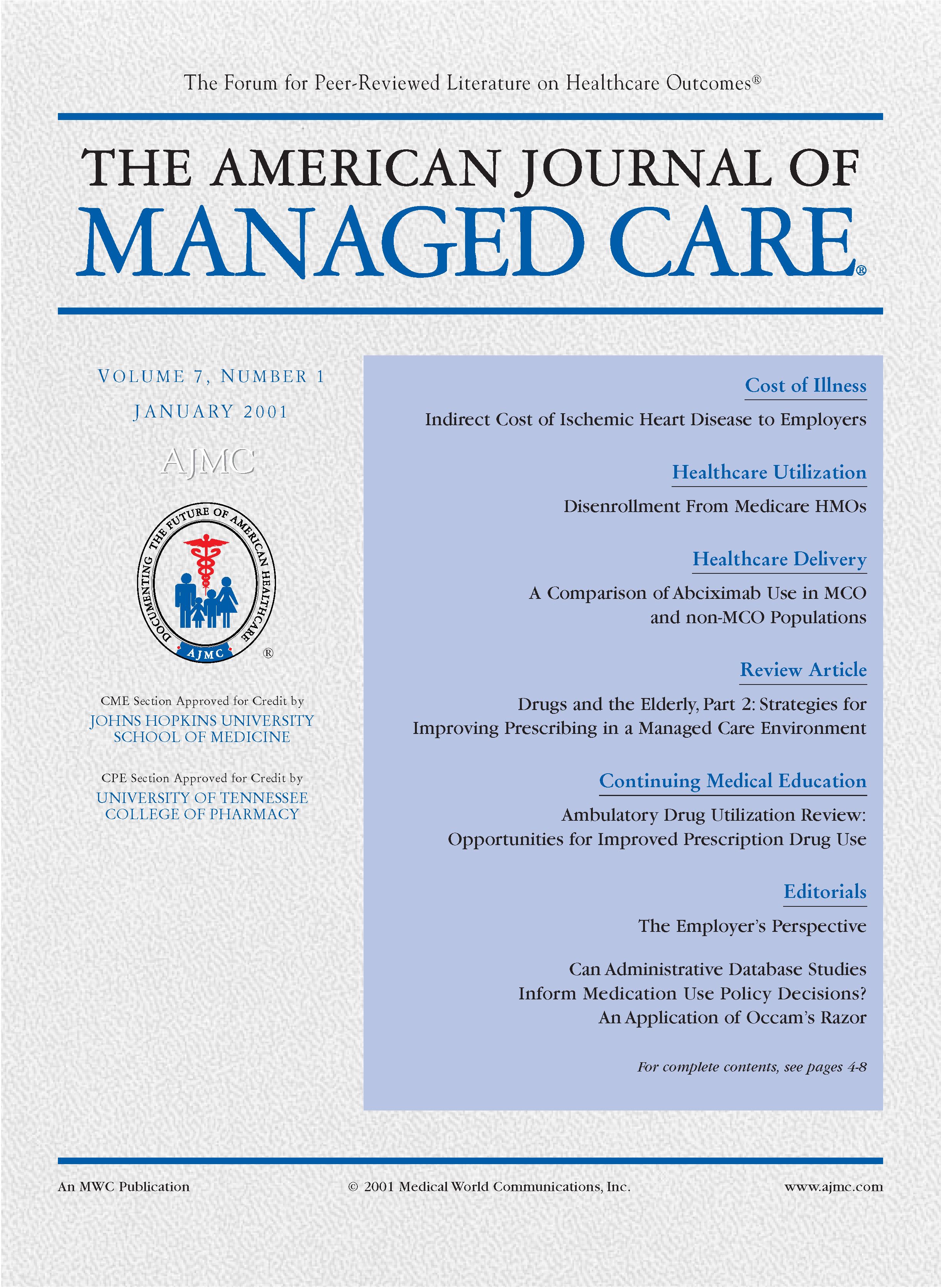- Center on Health Equity & Access
- Clinical
- Health Care Cost
- Health Care Delivery
- Insurance
- Policy
- Technology
- Value-Based Care
Is the Healthcare Workforce a Barrier to Cost Containment?
TO THE EDITOR
I am a bachelor-degreed pharmacist who does not believe that everyone filling a prescription needs a PharmD.1 In my experience, expanding PharmD programs has reduced the supply of pharmacists in a market that is experiencing a staggering demand for practitioners. This is a prescription for higher costs through higher wage demands.
When the University of Colorado School of Pharmacy switched to a PharmD program, it decreased its available enrollment from 120 students to 90. The Colorado legislature had given the university no budget increase. To spend the same amount to educate students for 4 years as it did for 3, the school was forced to reduce enrollment by 25%. In the not too distant past, insurance companies allowed up to 100 tablets to be dispensed on one prescription. When they switched to authorizing a 30-day supply, this meant many more prescriptions were dispensed. Many 100-tablet prescriptions that could have been dispensed in their original container now had to be counted with 30 tablets being dispensed.
This has lengthened the time to fill a prescription, yet customers are less patient to wait. So the retail pharmacy chains in the US are building many more stores. For example, in 2000, Walgreen’s opened a store on the average of 1 every 19 hours, and it will continue to do so throughout 2001. Yet there are only so many pharmacists in the pool. To get them Walgreen’s is paying huge salaries. A colleague recently accepted a position at Walgreen’s at a $19.00 per hour raise! Walgreen’s has been quoted as saying it would be happy if it could hire every pharmacy graduate in the 2001 class. Think of that!—none for anyone else.
If you were offered a $19.00 an hour pay raise would you accept? There are only a few of us who are willing to stay in hospitals, and we are being very tempted. There will probably be another class of pharmacists soon.
Al Lodwick, RPh, MA
St. Mary-Corwin Medical Center
Pueblo, CO
1. Montoya ID. Is the healthcare workforce a barrier to cost containment? Am J Manag Care 2000;6:971-972.

Quality of Life: The Pending Outcome in Idiopathic Pulmonary Fibrosis
February 6th 2026Because evidence gaps in idiopathic pulmonary fibrosis research hinder demonstration of antifibrotic therapies’ impact on patient quality of life (QOL), integrating validated health-related QOL measures into trials is urgently needed.
Read More
Building Trust: Public Priorities for Health Care AI Labeling
January 27th 2026A Michigan-based deliberative study found strong public support for patient-informed artificial intelligence (AI) labeling in health care, emphasizing transparency, privacy, equity, and safety to build trust.
Read More
Ambient AI Tool Adoption in US Hospitals and Associated Factors
January 27th 2026Nearly two-thirds of hospitals using Epic have adopted ambient artificial intelligence (AI), with higher uptake among larger, not-for-profit hospitals and those with higher workload and stronger financial performance.
Read More
Motivating and Enabling Factors Supporting Targeted Improvements to Hospital-SNF Transitions
January 26th 2026Skilled nursing facilities (SNFs) with a high volume of referred patients with Alzheimer disease and related dementias may work harder to manage care transitions with less availability of resources that enable high-quality handoffs.
Read More

